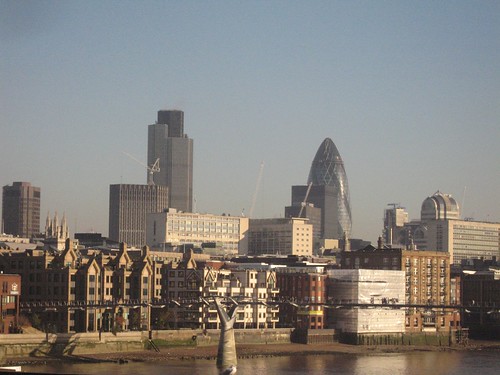
Capitalism is a term misused by both its advocates and its opponents. It is a word so vague as so be almost meaningless.
"Capitalism" has become just a generic label loosely applied to relatively uncontrolled systems of econonomic organisation. It is characterised by land enclosure and private appropriation of the rent of land, and systems of credit based on usury, with joint stock companies operating under government legislation which gives them special rights and privileges not available to individuals. There nothing natural about such systems, which in many respects goes against natural law and scripture.
A limited degree of economic freedom emerges through the market mechanism, which leads to a measure of prosperity. But since land is not free, labour is coerced into accepting whatever terms it can obtain, and the end result is a few people get very rich, many become very poor, and whilst those in the middle can live reasonably well, their livelihoods are forever precarious. This leads to all sorts of social tensions as people scramble for what is left over after the big fish have had their fill.
One of the imperatives of such systems is the need for perpetual "growth", but since land and resources are not unlimited, a natural ceiling will ultimately bring this to an end. What then?
People talk as if "Capitalism" and "Socialism", or some blend of the two, are the only possibilities available. There can be few commonly held ideas that are as far from the truth.
Kommentarer